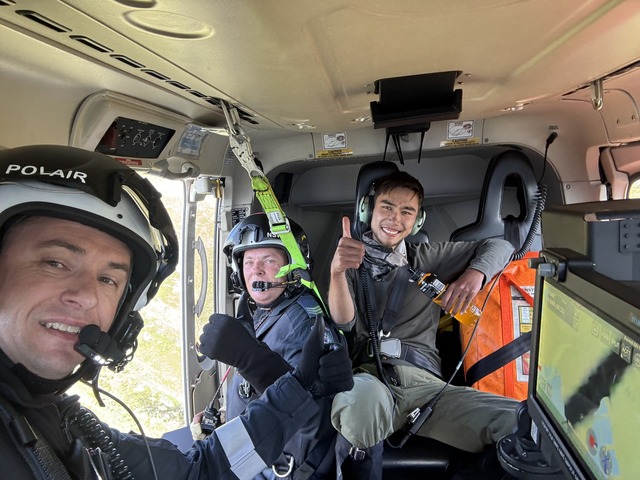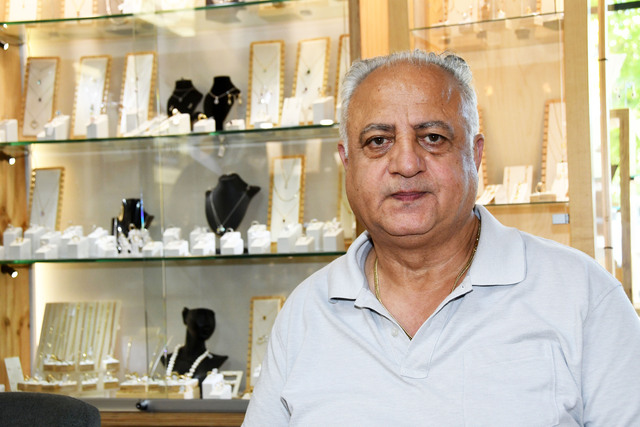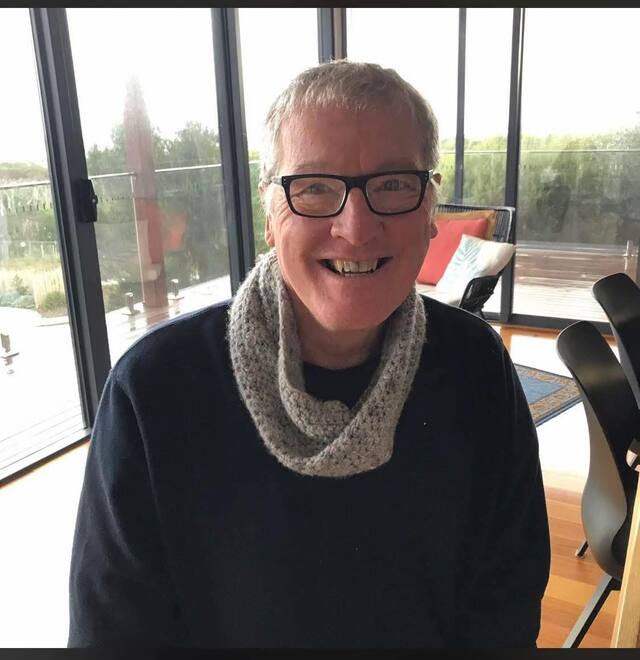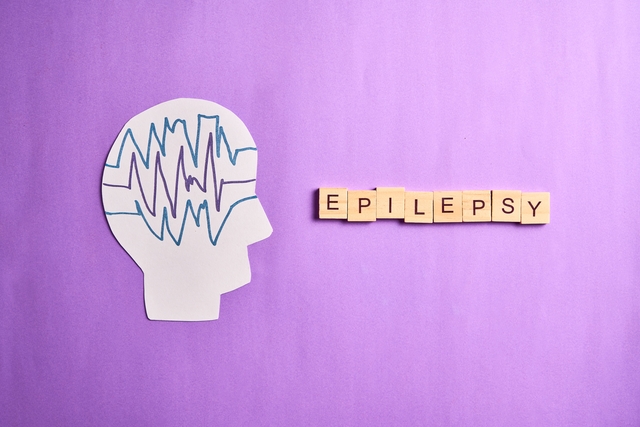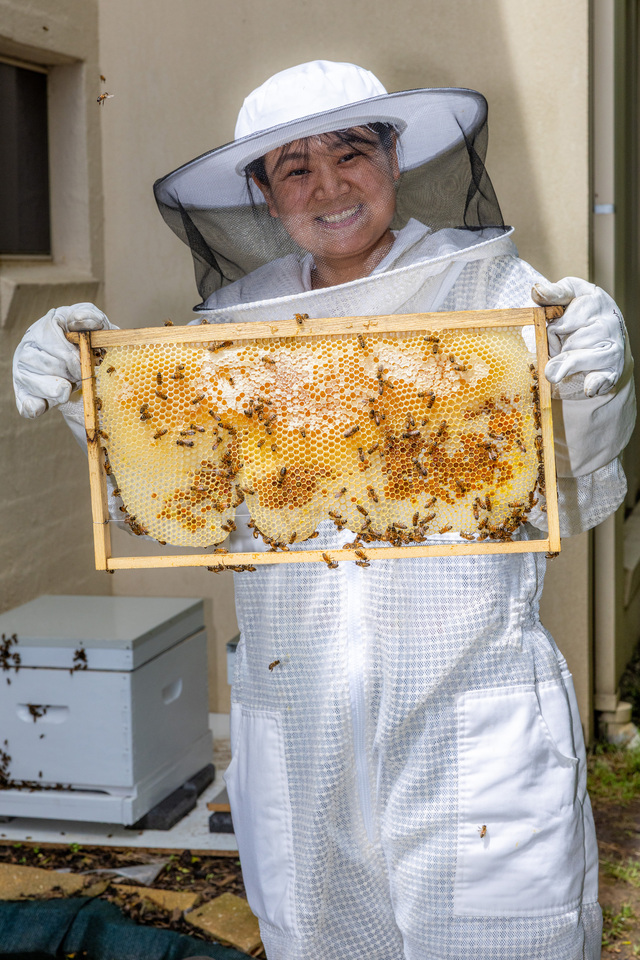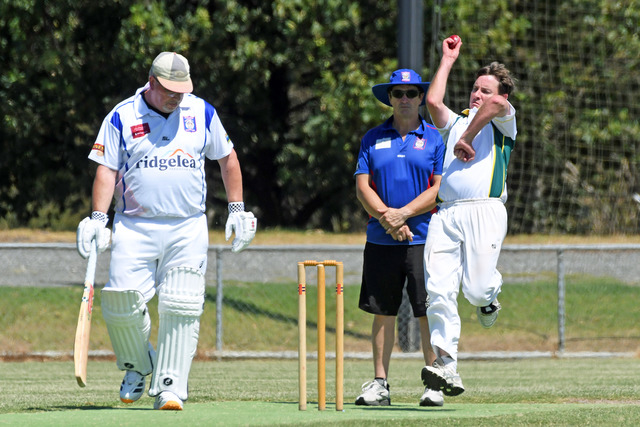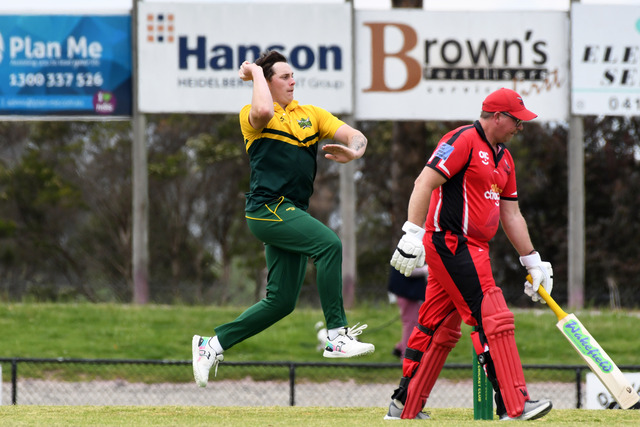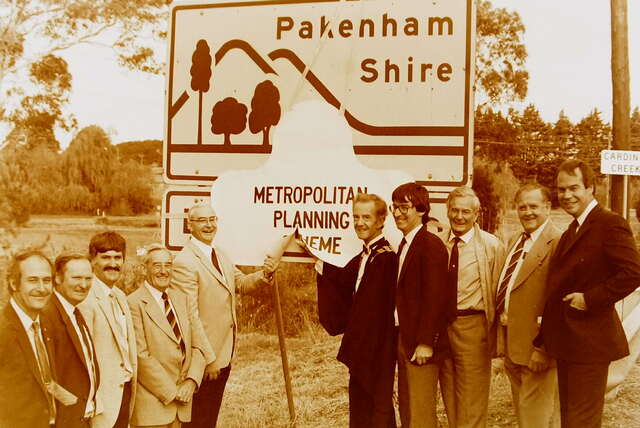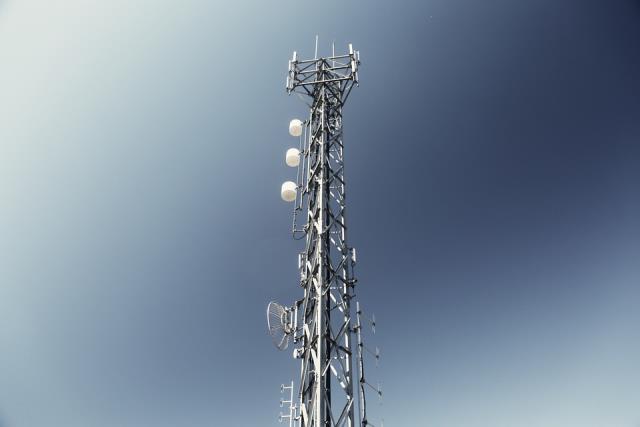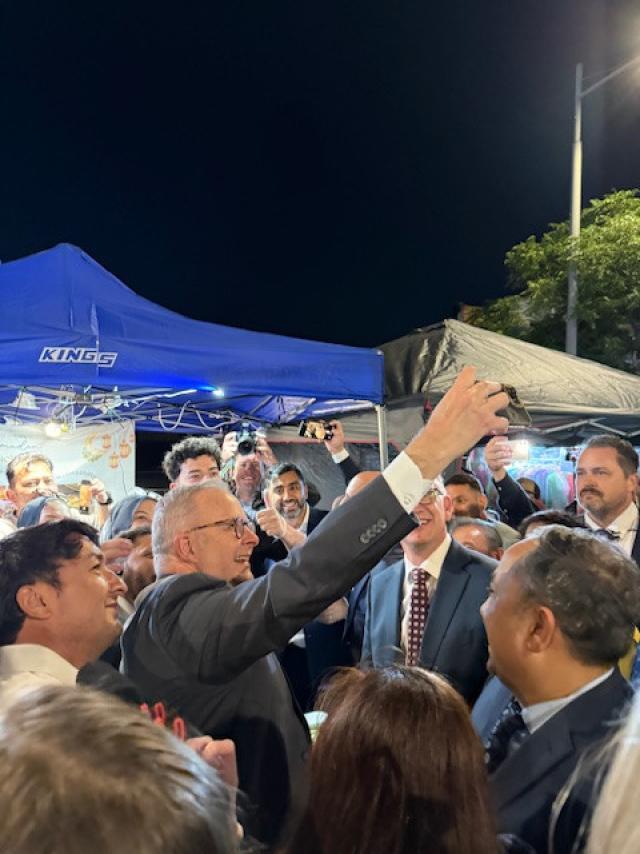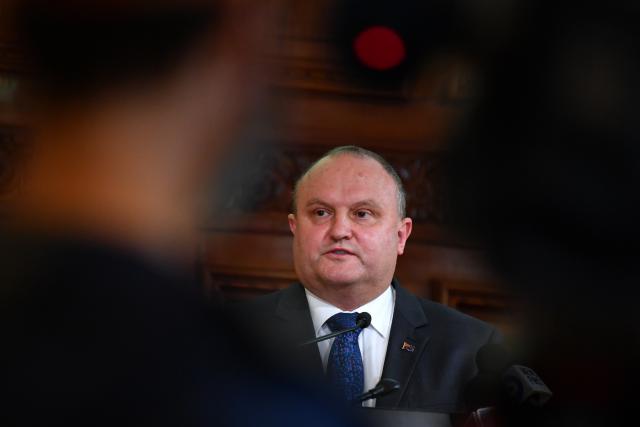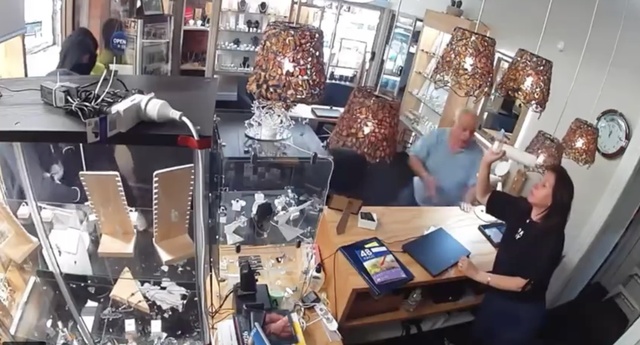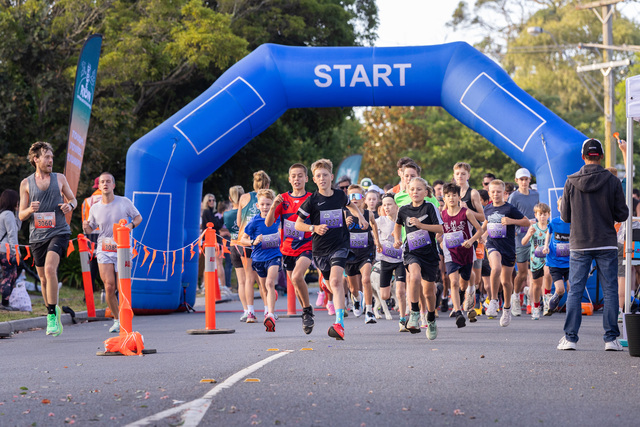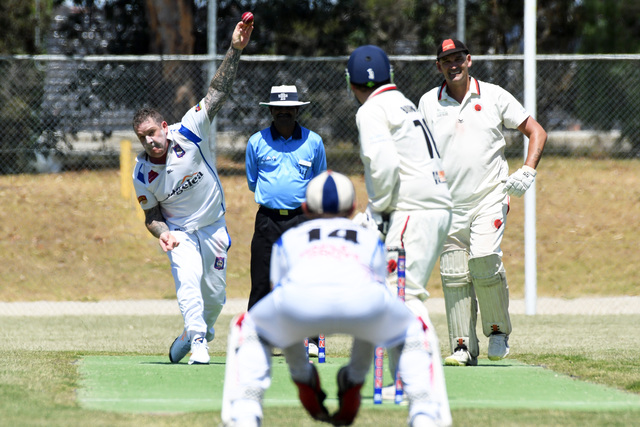Berwick bushwalker Hadi Nazari will rest as he returns home following 13 days lost in the Australian Alps but is keen to go for another hike.
The 23-year-old was reunited with loved ones after he was found by hikers on Wednesday afternoon 8 January near Blue Lake in Kosciuszko National Park in southern NSW.
Mr Nazari was winched to the search command post and treated for dehydration before being taken to Cooma Hospital.
In a statement on Thursday, Mr Nazari praised the tireless work of emergency services personnel who spent 13 days searching for him amid tough conditions.
“I would also like to thank members of the public, family and friends for their well wishes and prayers,” Mr Nazari said in a statement released through NSW Police.
His cousin Hussain Ali told reporters outside Cooma Hospital he had tried to talk him out of another trek.
“When he’s completely fit and fine then we’ll see how he goes,” he said.
“When we found him … he was keen to go for another hike.
“I was like, ‘no more hiking for you, that was it’.
“Surviving on that mountain is not easy for 13 days and nights,” Mr Ali said.
Mr Nazari, who is studying to become a neurosurgeon at Melbourne University, told police he had barely eaten anything apart from two muesli bars since going missing.
“He found a hut up there in the mountains,” Supt Spliet told reporters in Wagga Wagga.
“There were two muesli bars up there that he’s eaten and that’s pretty much all that he’s had to consume over the last two weeks.”
Mr Nazari drank fresh water from creeks and had been walking “from morning to night”, police said.
Jessica Dart, who was among the group who found the lost hiker, broke down in tears with Mr Nazari and embraced when his struggle for survival had finally come to an end.
“I started crying, he started crying … hugging each other,” she told reporters outside the Cooma hospital where the Melbourne student was being treated.
“I was like, oh my god, I can’t believe you’re safe and sound. And he’s like, saying, ‘thank you god’.
“You guys are angels.”
Search and rescue specialist Paul Luckin told AAP he was glad his earlier doubts about the prospect of Mr Nazari being found alive after almost two weeks had not borne out.
“I love being wrong when I’m being pessimistic,” he said.
“I’m always delighted when we have a survivor … and it was always a possibility.”
Mr Nazari was found by a group of hikers after he was last seen by friends descending the Hannels Spur trail on Boxing Day.
While a lot of credit was due to the hundreds of rescuers and volunteers who dedicated almost two weeks to finding Mr Nazari, there was an element of luck involved in him coming across a group of other hikers, Mr Luckin said.
“He was some distance from where he was expected to be because he had kept on moving and covered such a large distance,” he said.
Mr Nazari would have been unlikely to have had much idea where he was headed given the terrain and thick vegetation, Mr Luckin said.
But the gruelling experience, and its incredible, positive outcome, provided some lessons.
“In most cases, the best advice is as soon as you realise you’re lost, stop – because you are then closest to the last known point,” Mr Luckin said.
“You stand a much better chance of being found and a much better chance of being found early.”
Mr Nazari was discharged from Cooma Hospital on Friday 10 January.
The medical student’s injuries include blistering all over his feet and scratches.
In a statement on behalf of the family, sister Zahra Nazari said they were relieved he was safe and sound.
“We are grateful for everyone involved in helping us find my brother,” the family said.
Those setting off to a remote area should also familiarise themselves with the terrain, and bring maps and personal locator beacons.
“They are now so inexpensive and so good that anybody who goes out into the wilderness, every single person, should be carrying a personal locator beacon with them,” Mr Luckin said.
Beacons cost about $300 to $400 and can be hired for free in several NSW national parks, including Kosciuszko.


